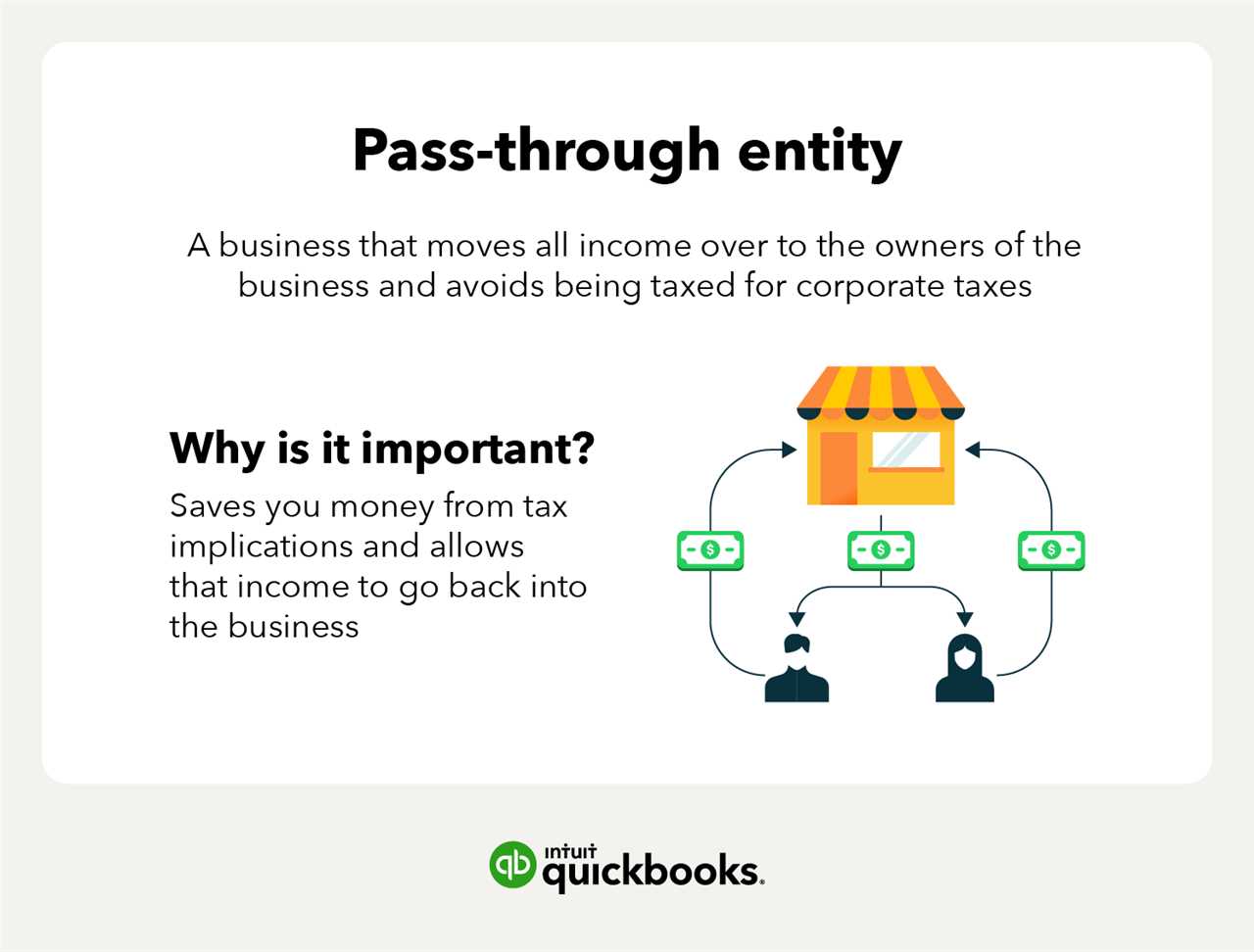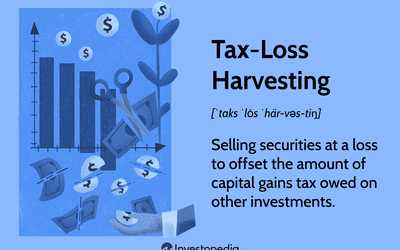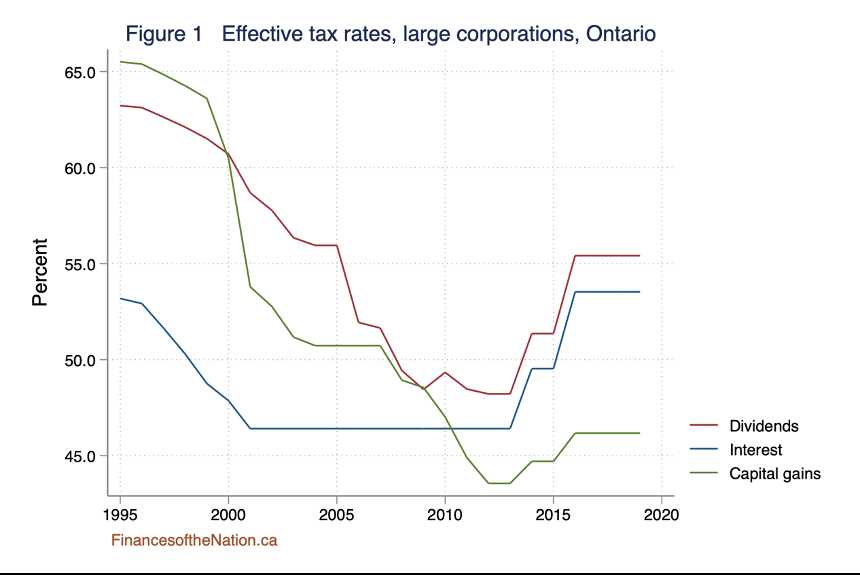What Is a Flow-Through Entity: Types, Pros & Cons
What Is a Flow-Through Entity? A flow-through entity is a type of business structure that passes its income and losses through to its owners or investors. This means that the entity itself does not pay taxes on its income, but rather the owners or investors report the income on their … …





